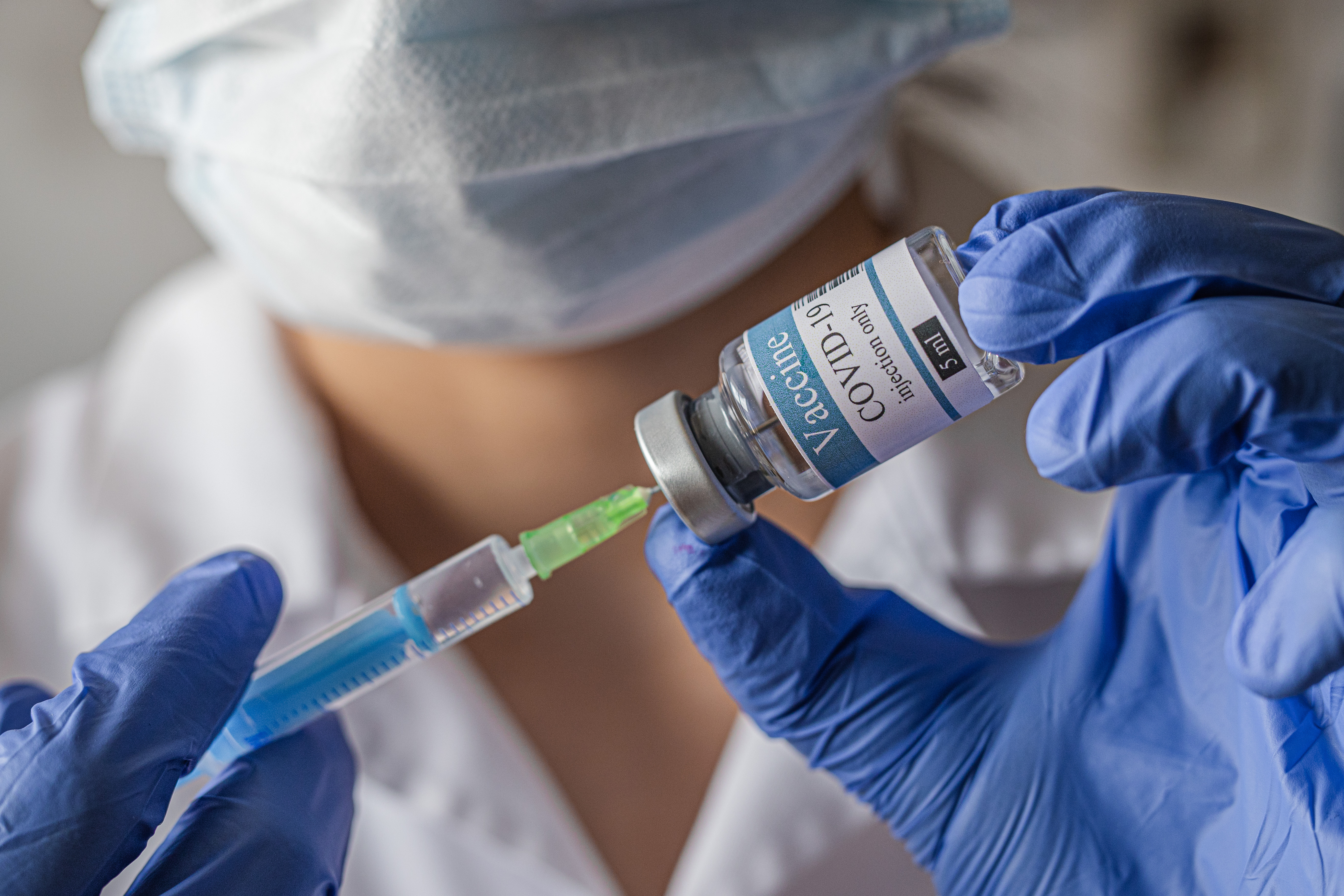While vaccines have enabled the onset of control of the pandemic in some countries, the emergence and increasing circulation of certain variants including “Delta” are worrying and it is still unclear whether the vaccines currently available will be sufficient to contain the disease. circulation of the virus as it evolves and mutates. The protection generated against the virus by vaccination is normally assessed by the neutralizing antibody response capable of eliminating the virus and protecting the host. However, we know that the current vaccines were all designed against the original viral strain or “wild strain”), and we still know little about their ability to protect against the new alpha (Kent / UK), beta ( South Africa) delta (India) or gamma (Brazil). A recent study thus suggested that the Indian variant is resistant to the Pfizer-BioNTech vaccine.
–
Why you have to “finish” your vaccination schedule
Saliva, the first line of defense: In order to assess the protection provided by the vaccine against different variants, the researchers first profiled the antibodies generated by the vaccination, then examined their neutralization capacity. In addition to the antibodies circulating in the blood, they checked for the presence of antibodies in the saliva as a “first line of defense”.
The study tested blood samples from 23 participants aged 26 to 58, 22% female, vaccinated with the Pfizer BioNTech vaccine after the 1st and 2nd doses. Then samples from 35 infected blood donors (40-78 years, 29% women), 27 infected saliva donors (25-58 years, 63% women) and 49 uninfected saliva donors (25 years -38 years , 55% female) and also “control” samples of blood and saliva from banks and stored before the start of the pandemic were analyzed.
- Analysis of saliva samples in particular reveals that vaccinated individuals exhibit large amounts of antibodies compared to infected individuals, suggesting that vaccination not only offers protection against infection, but that in the event of infection. , it reduces the risk of transmission;
- the number of antibodies produced and the protection offered by the vaccination increase considerably after the administration of the 2nd dose of vaccine, which leads the authors to say that the 2nd dose is essential;
- At the time of the study, the 2 worrisome variants were alpha and beta, the researchers therefore looked at whether the protection offered against these 2 variants was similar or different from that offered against the wild strain: the analysis found that:
- the absence of reduction of neutralizing antibodies against the alpha variant;
- a substantial reduction in neutralizing antibodies against the beta variant.
It is therefore necessary to constantly update vaccines to guarantee maximum protection against the different strains of the virus. Since then, the virus has continued to mutate, with the delta variant now the dominant strain globally. The tests have been adapted to include more variants of concern (eta, iota, zeta, theta, kappa and epsilon), including strains identified in mink last year.
There then remains the question of the duration of protection induced by current vaccines and the probable need for a booster not only to maintain protection in general, but also to provide sufficient protection against variants.
–


